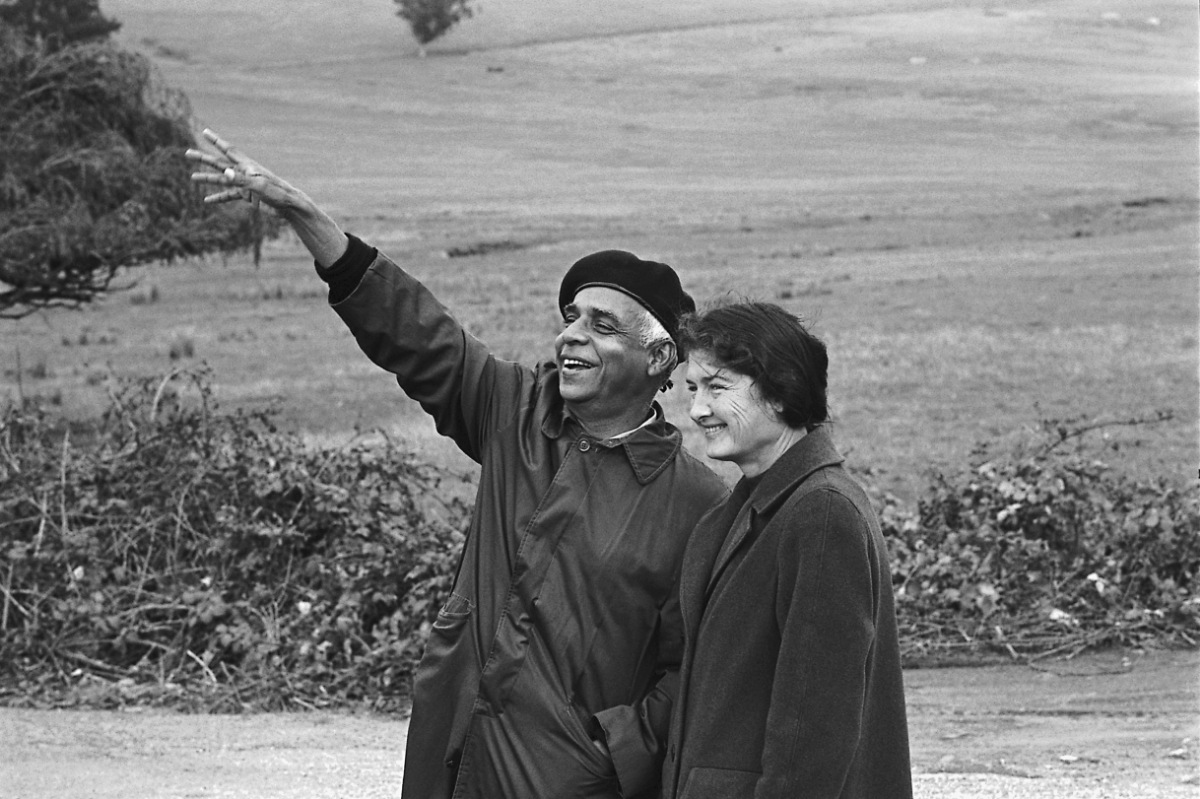Look at students, for example. I have been a teacher for many years, and I can testify that the difference between an outstanding student and an average one is often not a matter of intelligence but that the former has the capacity of will to come through in an hour of crisis. Even good students, for example, may put things off until the last minute, having a grand old time. But when the clock tolls the eleventh hour they are able to drop everything else and work far into the night, drinking cup after cup of coffee and finally turning in a good job. Because their job depends on it, or their scholarship, or their romance, instead of breaking down under the strain, they are able to fuse all their faculties through an act of will. When I had a student like this I used to say, “If only you could make this kind of concentrated effort part of your daily life, you would be a genius.”
Most students I know, however, are not like this. They too postpone until the eleventh hour, with the same intention to make a big push at the end. “Why waste a good Saturday evening? Let’s go down to the Café Mediterraneum and spend the night there. In the morning we can get up early, clear the desk, and hit the books for all we’re worth.” But while these fine words are being said, the will is sitting back in his corner and saying, “Not me! You can count me out.” And sure enough, when morning comes, such people cannot get the covers off. They look at the pile of papers on their desk and do not know where to begin. After a while, they get dispirited. “What’s the use? Maybe a little coffee will help me think better.” And down they go to the Mediterraneum again. After that it is going to be even more difficult to get to work. When we procrastinate, we are using our will for a dart board: every time something is postponed, it stabs a hole in the will.
Many, many failures in daily life are no more than failures of the will. Whenever we become irritated, speak harshly, criticize, belittle, or vacillate, the will is lying down. The implication is surprising: even to be kind, we need a strong will. We do not necessarily mean to hurt people; we simply cannot control what we say and do.
Usually we excuse ourselves from this kind of behavior on rather flimsy grounds. Once I noticed a three-year-old friend looking at me with a peculiar glint in her eyes. “What’s the matter, honey?” I asked.”
“You’d better watch out,” she warned. “I haven’t had my nap.”
That may be reasonable for a three-year-old, but a thirty-year-old has no reason to be ill-tempered because he or she got only six hours and thirty-seven minutes of sleep. The only reason we consider this a good excuse is that we are so physically oriented. When we begin to break through the conditioning of body-consciousness, we can be patient even if we go all night without sleep, simply because we have the will.
In daily living, a strong will often shows as a particular inner toughness, the endurance to put up with difficulties without breaking or giving up. Without this, we are at life’s mercy. I have seen even great tycoons, men used to facing the bulls and bears of Wall Street with a will of iron, suddenly throw a tantrum because a line of traffic was moving too slowly. Where is that iron will then? It is almost as if they open their briefcases, take out a portable crib, climb in, and start to howl.
Here we can draw a surprising conclusion: a rigid personality is not strong; it is weak, because the will is fragile. In one compartment of life, where desires run deep, the will can operate; elsewhere it is paralyzed. On the other hand, those whose will is uniformly strong can always adapt; they can function beautifully no matter what life deals out. Such people are free. They enjoy life, ups and downs.
***
The Great Race
We can think of Will and Desire as competitors in a really long marathon, one that goes on for years. All the bets are on Desire. He has been training for many years, so he is in the best of shape. He crouches at the starting line like a leopard, lean, lithe, and powerful, bursting with the desire to win. But for most of us, the will is still in bed. I say “most of us” without any deprecation, for this is the conditioning the world shares today: the attitude that pleasure is everything, and the absence of pleasure the worst of fates.
Once we start questioning this attitude, a new desire comes: the desire to master our desires. That is the signal that the race is about to begin. But first we have to wake the will. “Willie! Willie! Your presence is expected at a particular event. Don’t you hear the crowd roaring? Can’t you hear the pom-pom girls?”
“Go away,” Will says. He is as grumpy as a hibernating bear. After all, it is we who lulled him to sleep; is it fair to roust him out of bed again after all these years?
Finally we have to shake the will a little. Probably he will try to hit us. At that time there are people who say, “Who wants to be hit? Why not let sleeping wills lie?” They go back to watch the race between desires, in which no matter who wins, we lose. But the person with determination, who is tired of losing in life, goes to the kitchen, gets a pitcher of cold water, and pours it on Willie’s head.
Will gets up fast, shaking off the cobwebs. “How about a drink?” We give him some black coffee. As he wakes up, he starts to complain: “I haven’t run in years; I’m a marshmallow! Besides, I don’t have any running shoes; I don’t have any shorts. You wouldn’t want me to run in my pajamas, would you?” We have to humor him: get the right apparel, tie his shoes for him, practically carry him to the race. Even then all the spectators look at poor Will and laugh. “He shouldn’t even be here!” And in fact, he scarcely is – yet.
Will slouches at the starting line, all out of shape, while leopard Desire crouches eagerly. Many races have one or two false starts, where everyone has to come back and start again. Here the will is allowed a number of false reverses. “This is too much for me. I’m not meant for competition. You fellows go ahead and race each other; I’m going back to bed.” He may even try to tiptoe off the track, and we have to keep bringing him back. The will needs constant encouragement, especially at the outset. We have to console him for being so out of condition, reassure him not to be self-conscious about the bulge around his waist, tell him the story of the tortoise and the hare – whatever it takes to keep him in the race.
Off goes the gun; Desire springs from the starting blocks. But Will is all engrossed in his feet. “Look, I’ve got my shoes on the wrong feet! How did that happen?” He bends over to untie them, and our hearts sink. “Willie, the race has started! Your competitor is already half a mile down the track.”
Will lumbers to his feet to the jeers of the crowd. “Hey, Willie, don’t go too fast!” “You shouldn’t be on a track; you should have stayed in bed!” The voices are our own. There is a certain amount of self-deprecation when we try to master strong desires, but on no account do we need to take this kind of jeering seriously. Even if he appears weak, we should put our money on the will. The miracle is that even the Most Flaccid Will in the Guinness Book of World Records can be made immeasurably strong. Just as there are exercises for strengthening different parts of the body, there is a powerful exercise for strengthening the will – resisting any conditioned, self-centered desire. It may be for some sensory pleasure, or it may be more subtle: the demand to have our own way, to have others conform to our expectations. Whatever it is, if we yield to that desire, the will is weakened; if we resist, the will is strengthened.









